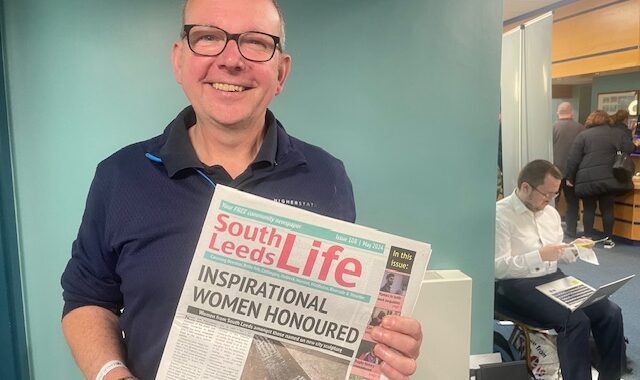What is a hyperlocal? I found myself asking that question when Alt Reading – an online cultural magazine for Reading – launched a campaign to save a local arts centre.
In November 2015, Reading Borough Council announced an options appraisal over the future of South Street Arts Centre due to budget cuts. South Street is widely considered to be one of Reading’s most valuable venues, hosting national and international theatre companies that would struggle to find a place elsewhere in Reading.
Not long after hearing the news I decided to launch a campaign to save South Street, starting a petition and promoting it on Alt Reading. The response was overwhelming with over 8,000 people signing our petition and joining the campaign.
In February, after thousands of signatures, dozens of articles, meeting with councillors and speeches – we heard the news that South Street Arts Centre was to be spared from the budget cuts . However, despite the success of the campaign, initially I was incredibly hesitant to do anything at all.
. However, despite the success of the campaign, initially I was incredibly hesitant to do anything at all.
What is a hyperlocal? I asked myself that question as my mouse hovered over the ‘Start Petition’ button. Alt Reading was created to support arts and culture in Reading, but up until that point we had focused solely on reporting what was going on – was leading a campaign a step away from what we were or just a continuation of our mission?
After launching the campaign I realised that leading a campaign to save South Street was exactly the right thing for Alt Reading to do. I realised that our website was not just another avenue for finding out local news but a platform for a community that wasn’t represented anywhere else.
Like most hyperlocal websites, Alt Reading was created to fill a gap left vacant by other local media. In our case that is arts, entertainment and culture but for other hyperlocals it could creating a print publication when their local paper moves online or reporting on an area that often gets overlooked.
Not driven by profit or popularity, hyperlocals serve a unique purpose in their community beyond simply reporting on events. They are often the centre of conversation and debate and can become a powerful voice.
It is why it is so difficult to define what a hyperlocal is: they’re not just community magazines or websites, they are the town centres online and in print for communities that aren’t being represented anywhere else.




